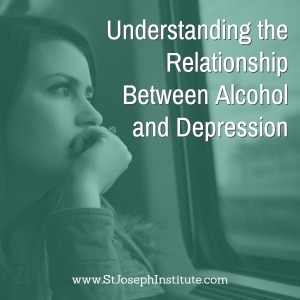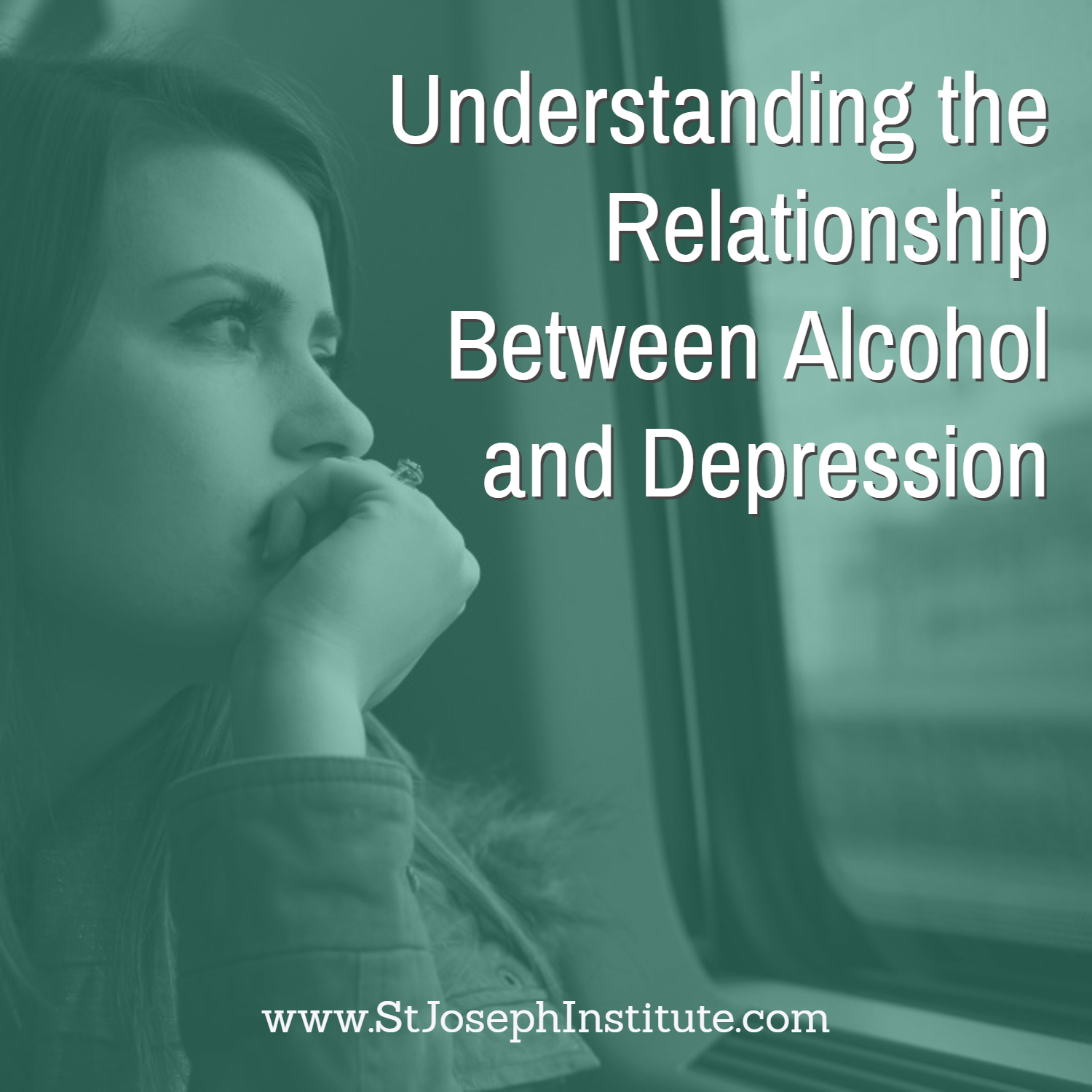 The relationship between alcohol and depression is deceptive. Since drinking is often a part of social gatherings, it may seem like a few beers would be a great way to take your mind off your troubles. However, alcohol can actually worsen depression symptoms. In some cases, it may even induce depression in someone with no previous signs of a mental health disorder.
The relationship between alcohol and depression is deceptive. Since drinking is often a part of social gatherings, it may seem like a few beers would be a great way to take your mind off your troubles. However, alcohol can actually worsen depression symptoms. In some cases, it may even induce depression in someone with no previous signs of a mental health disorder.
Signs of Depression
Despite being one of the most common mental illnesses, depression is often misunderstood. Clinical depression is more than just having a bad day once in a while. Someone suffering from depression experiences noticeable changes in mood and behavior that significantly affect their overall quality of life.
Signs of depression can include:
- Anger
- Irritability
- Feelings of intense sadness
- Fatigue and lack of energy
- Loss of interest in hobbies or socialization
- Appetite or weight changes
- Trouble concentrating
- Feeling like you’re a failure or that you’ve let friends and family down
- Having thoughts of self-harm or suicide
Symptoms that occur on all or most days for two weeks or more indicate a need to consult a medical professional.
Signs of Alcohol Abuse
Studies indicate that nearly 1/3 of people suffering from depression also have a drinking problem. The link between depression and alcohol addiction is strongest in women and teenagers.
Signs of alcohol abuse include:
- Believing you need alcohol to relax or feel better
- Continuing to drink despite negative consequences in your personal or professional life
- Drinking until you black out
- Developing an increased tolerance for alcohol, so you require more drinks to feel impaired
- Feeling powerless to stop drinking
- Lying about your drinking to friends and family
- Experiencing withdrawal symptoms such as anxiety, nausea, shakiness, and trembling when you’re not able to drink
Understanding the Relationship Between Alcohol and Depression
Chemically speaking, alcohol is a depressant. A depressant is a substance that lowers neurotransmitter levels, reducing stimulation and arousal in the body.
The majority of people who suffer from both depression and alcohol addiction began drinking as a way to self-medicate their symptoms. However, since the genetic risk factors for both drinking and depression significantly overlap, alcohol abuse can sometimes trigger symptoms in people who weren’t previously depressed.
Other ways in which alcohol can affect depression include:
Fatigue. Drinking regularly can negatively affect your sleep patterns. Fatigue can worsen existing depression symptoms or trigger symptoms in people who are not clinically depressed.
Malnutrition. Alcohol satisfies the body’s calorie requirements, but contains no essential vitamins, minerals, proteins, fats, or carbohydrates. It can also irritate the lining of the intestine, making it more difficult for the body to absorb needed nutrients. Someone who is malnourished lacks the energy needed to complete daily activities
Difficulty regulating blood sugar. When the liver’s resources are devoted to processing alcohol, it becomes more difficult to maintain stable blood sugar levels. This can lead to mood swings, including feelings of anger and irritability.
Folic acid deficiency. Folate deficiency is common in people suffering from depression, but regular alcohol use lowers levels of folic acid in the body.
Lower serotonin and norepinephrine levels. Alcohol can lower levels of these important mood regulating chemicals in the body, which can make a depressed person feel more depressed.
Impaired judgement. Alcohol decreases inhibition and impairs judgement. This can lead to risky behaviors, including self-harm or suicide attempts.
Decreasing effectiveness of medication. Alcohol can reduce the effectiveness of prescription antidepressants while increasing the risk of side effects such as drowsiness and dangerously high blood pressure
Getting the Help You Need
Someone who is suffering from both depression and alcoholism is said to have a dual diagnosis or a co-occurring disorder. In this case, both illnesses must be treated simultaneously. This is typically done with a combination of individual therapy, group therapy, and medication to focus on relieving specific symptoms and addressing the underlying factors contributing to both problems.
According to research published by the National Institute on Alcohol Abuse and Alcoholism, seeking treatment for alcohol addiction can quickly result in an improvement in depression symptoms. “Although it has been suggested that alcoholism and depression are manifestations of the same underlying illness, the results of family, twin, and adoption studies suggest that alcoholism and mood disorder are probably distinct illnesses with different prognoses and treatments. However, symptoms of depression are likely to develop during the course of alcoholism, and some patients with mood disorders may increase their drinking when undergoing a mood change, fulfilling criteria for secondary alcoholism. When depressive symptoms are secondary to alcoholism, they are likely to disappear within a few days or weeks of abstinence, as withdrawal symptoms subside.”
By Dana Hinders
To learn more about our programs, please visit our website.
Related articles:


